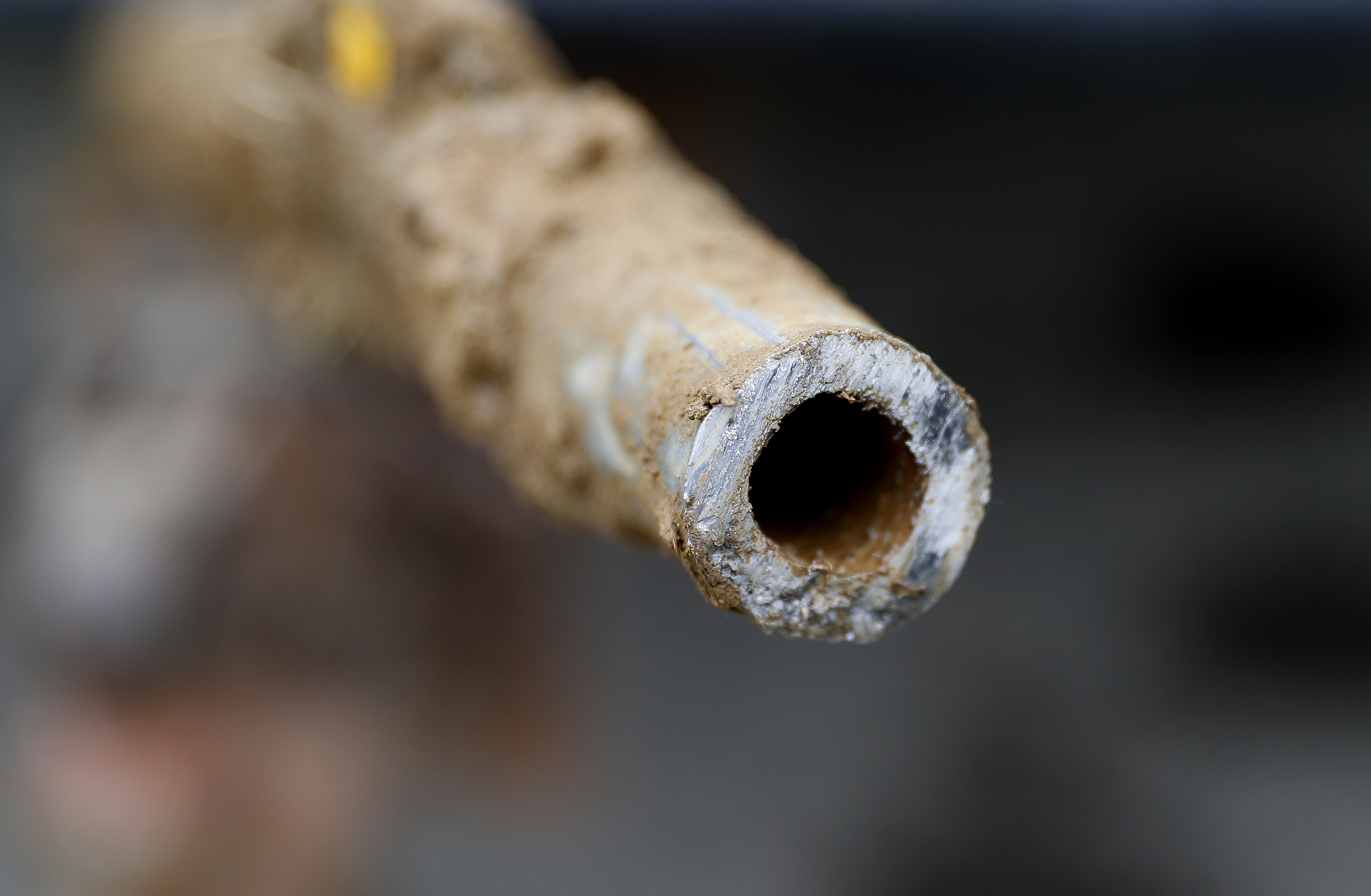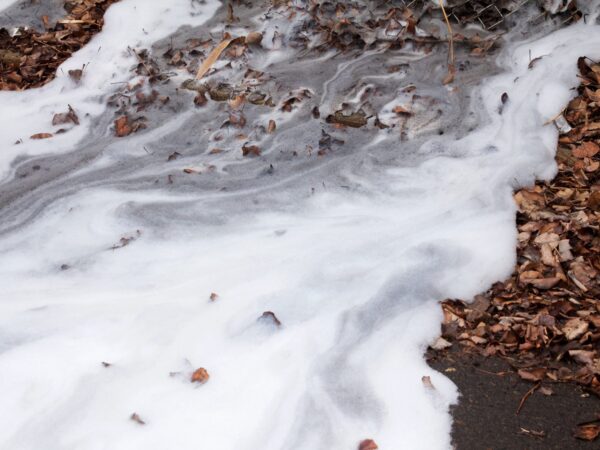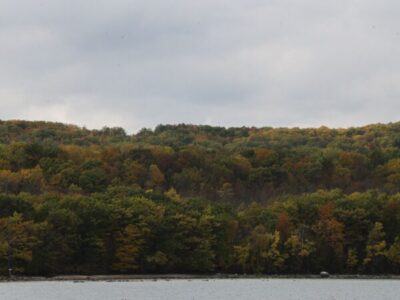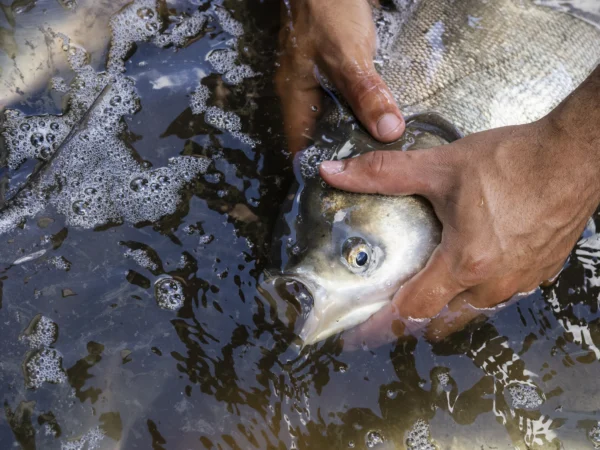
From lead pipes to PFAS, drinking water contamination is a major issue plaguing cities and towns all around the Great Lakes. Cleaning up contaminants and providing safe water to everyone is an ongoing public health struggle.
Keep up with drinking water-related developments in the Great Lakes area.
Click on the headline to read the full story:
Illinois:
- Eaton Boil Water Advisory Lifted – Star Press
A boil water advisory announced Thursday for the town of Eaton has been lifted after the issue was repaired and testing showed the water was safe, the town announced Saturday night.
Minnesota:
- “We Are Water MN” Exhibit Headed to Rochester – Post Bulletin
A project of the Minnesota Humanities Center, the exhibit “We Are Water MN” seeks to engage Minnesotans with one of the state’s most important natural resources through personal stories, historical content and scientific information.
“The Rochester Art Center is delighted to host ‘We Are Water MN’ and celebrate water as a vital resource with the community through shared stories, history, science and art,” said Pamela Hugdahl, of the Rochester Art Center.
New York:
Long Island should reduce the amount of lead that is allowed in school sinks and water fountains, according to a report from the New York League of Conservation Voters last month. It calls on the state to lower the active lead levels in school drinking water from 15 to five parts per billion (ppb).
In 2016, the state remediated 47,887 drinking water sinks and fountains to bring the lead levels to code. At that time, the regulation was set to 15 ppb and cost the state nearly $27.8 million to fix.
If new regulations were passed, the project would require 63,427 more of these outlets across the state to be updated. The league estimates the cost to be $30 million to remediate the outlets within the five ppb to 15 ppb range.
Ontario:
Canada and Ontario Invest in Reliable and Efficient Water Treatment Infrastructure in Hawkesbury – Ontario Newsroom
On March 5, the Province of Ontario announced funding for improvements to Hawkesbury’s water treatment plant.
The project will upgrade the clarification process in the water treatment plant by replacing deteriorating equipment and providing life-cycle upgrades to other equipment. The upgrades will benefit residents by improving the quality of treated water, minimizing the risk of boil water advisories, and ensuring the long-term functioning of the plant.
Pennsylvania:
The Wolf Administration is advising schools and child care centers to take advantage of the Pennsylvania Voluntary Lead in Child Care and School Drinking Water Testing Program, which will provide $1.74 million from a federal grant for testing lead in drinking water.
“Testing the water of thousands of child care centers and schools will give us a benchmark of the work we need to do next for removing lead from water and protecting our children,” Gov. Wolf said.
Wisconsin:
A nonprofit aimed at preserving and restoring water quality to Wisconsin’s 15,000 lakes will host its annual conference during Wisconsin Water Week, March 8-15. The citizen arm of Wisconsin Lakes hosts the conference to educate the public about a broad range of topics including algae, improving drinking water quality, and lake tourism.
Read more drinking water news on Great Lakes Now:
PFAS in the House: Are toxic “forever chemicals” a steady drip in this reporter’s home?
Speaking of Water: How Can the Biden Administration Deliver on Environmental Justice Pledges?
Nestlé Exit: North American bottled water brands sold to investment firm
How does a $641 million Flint water settlement get to residents? Attorneys give answers
Explainer: Who regulates U.S. drinking water, and how?
Featured image: In this July 20, 2018, file photo, a lead pipe is shown after being replaced by a copper water supply line to a home in Flint, Mich. (AP Photo/Paul Sancya, File)




